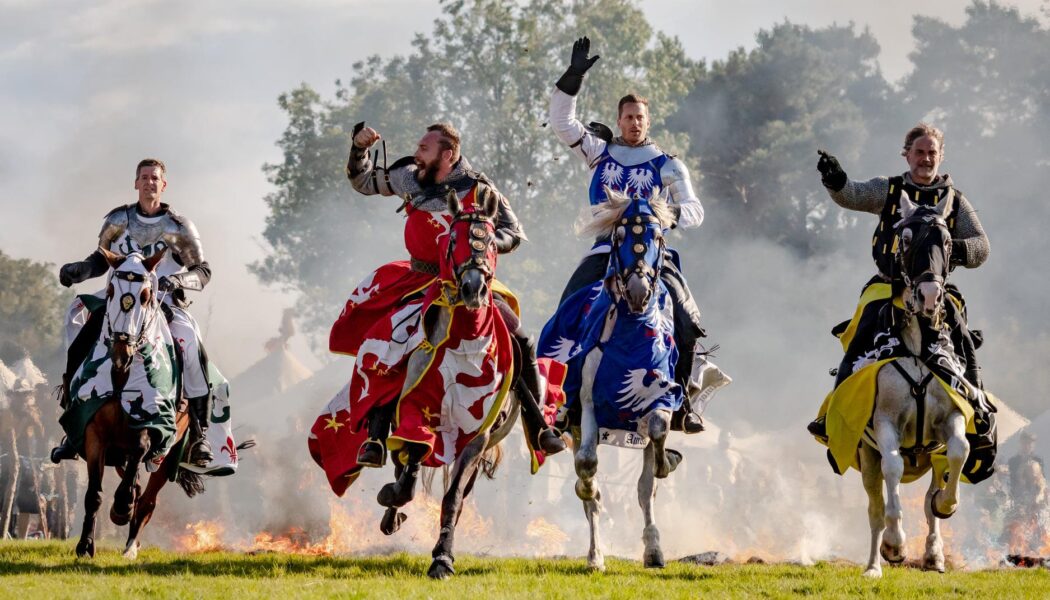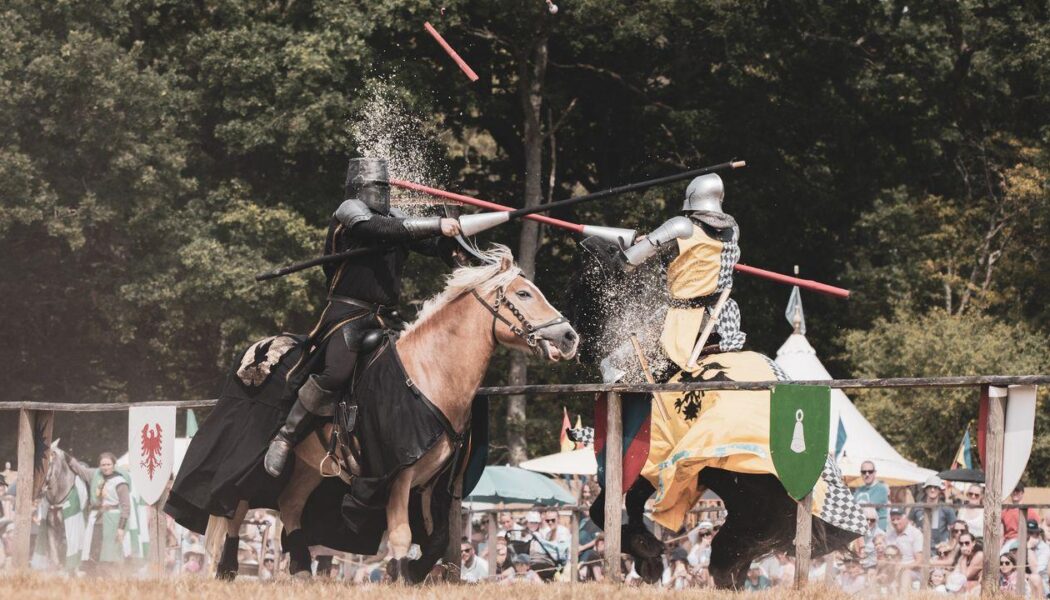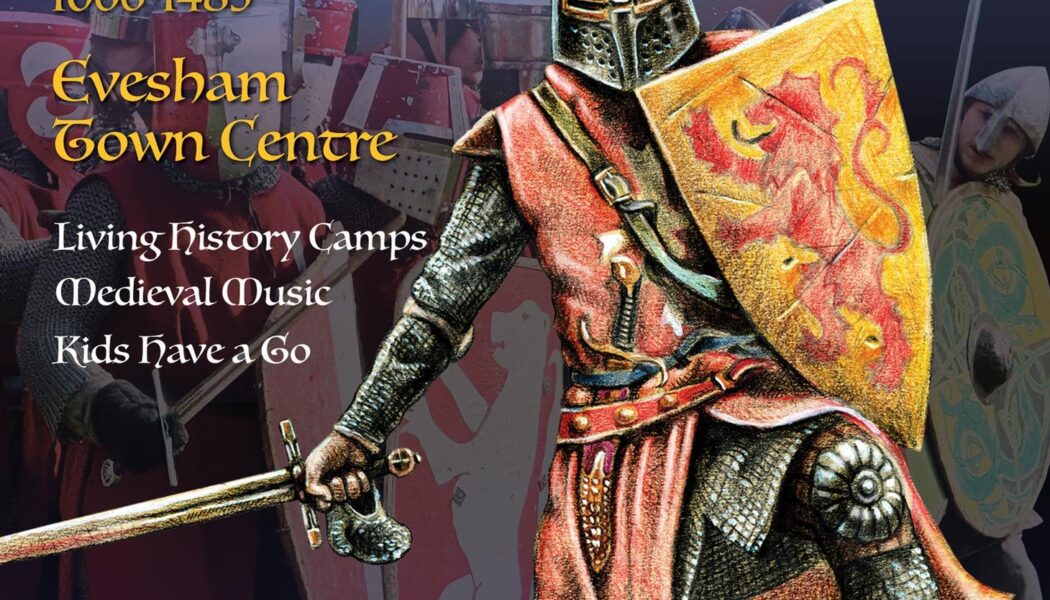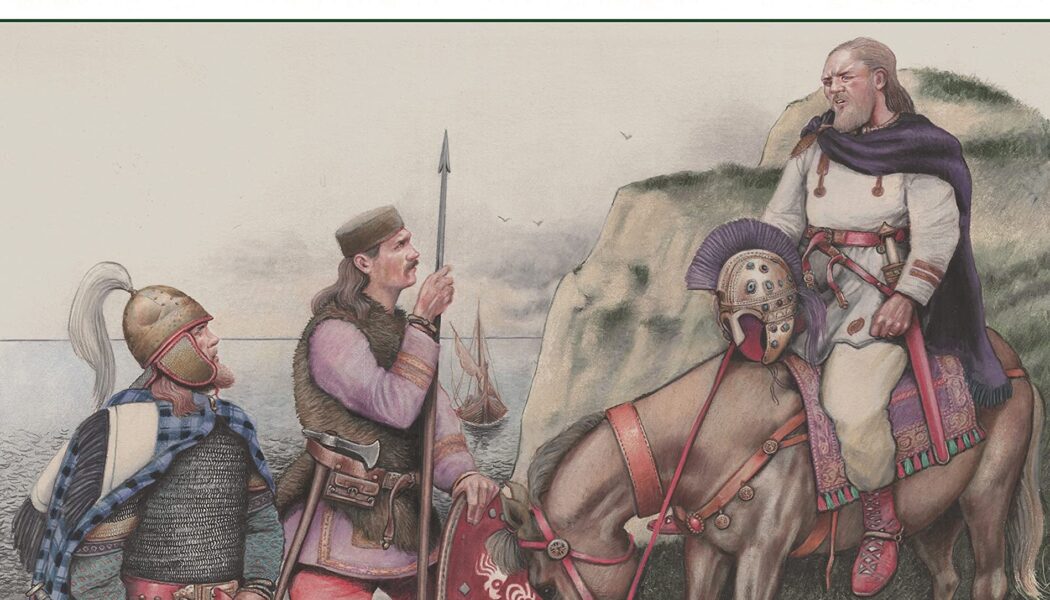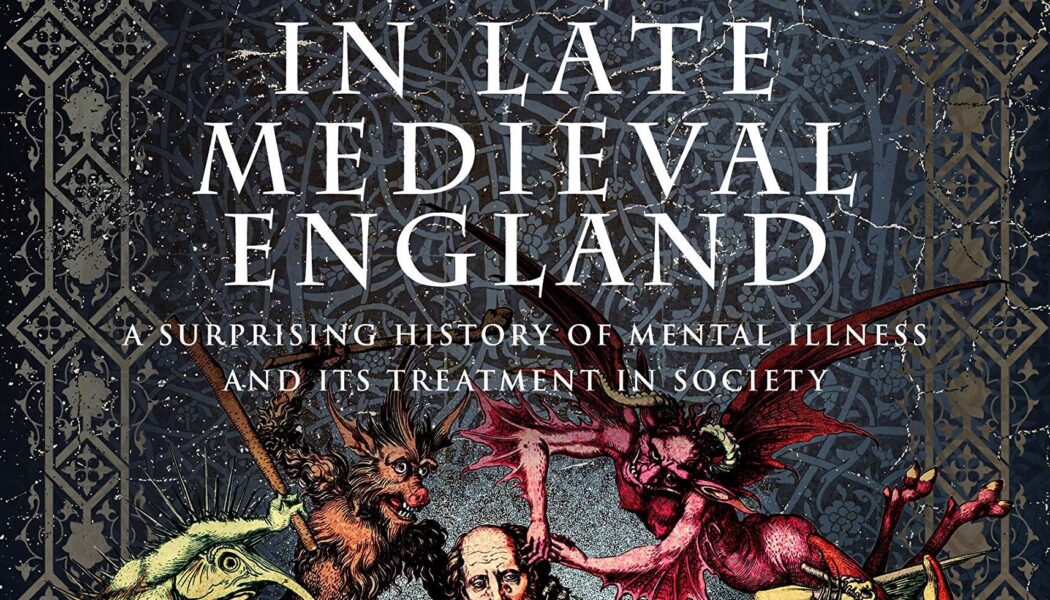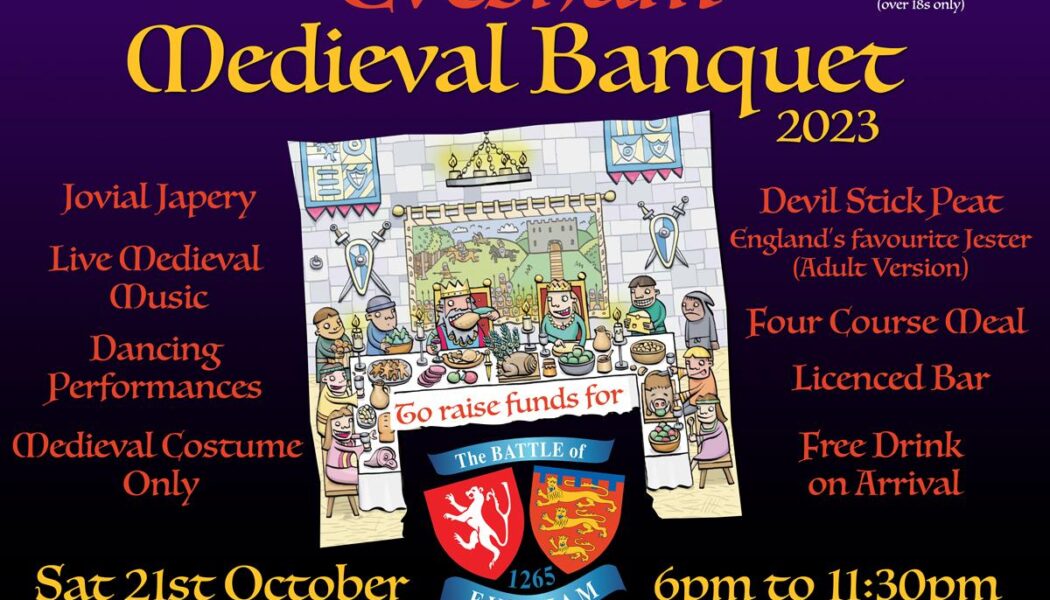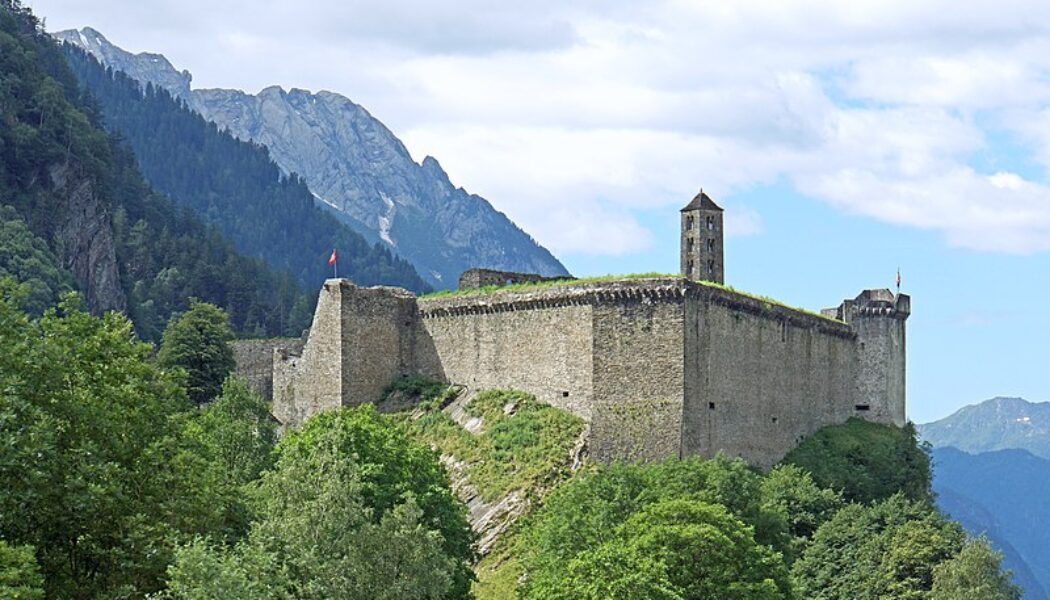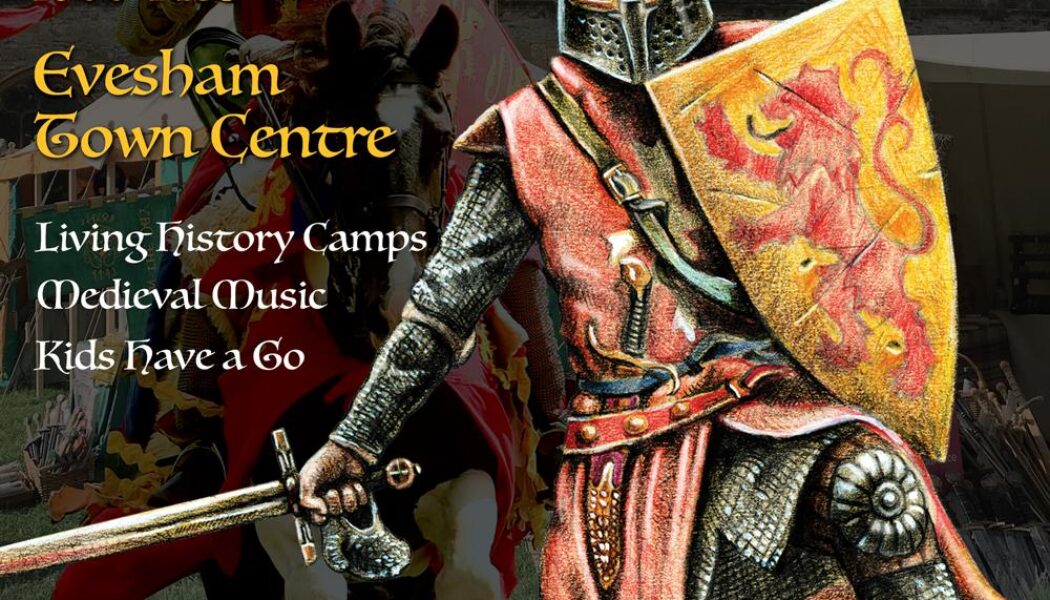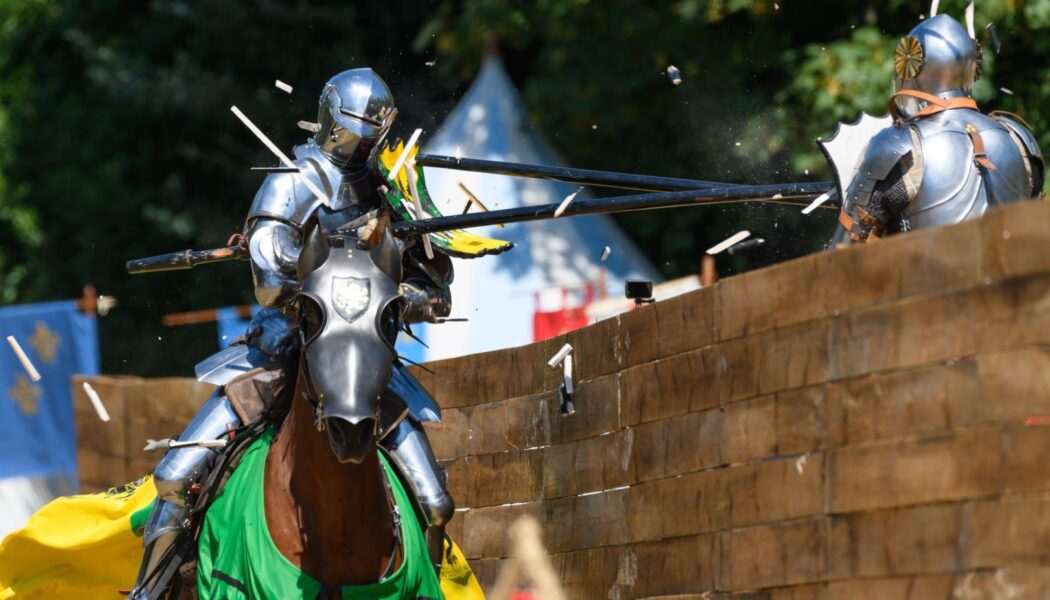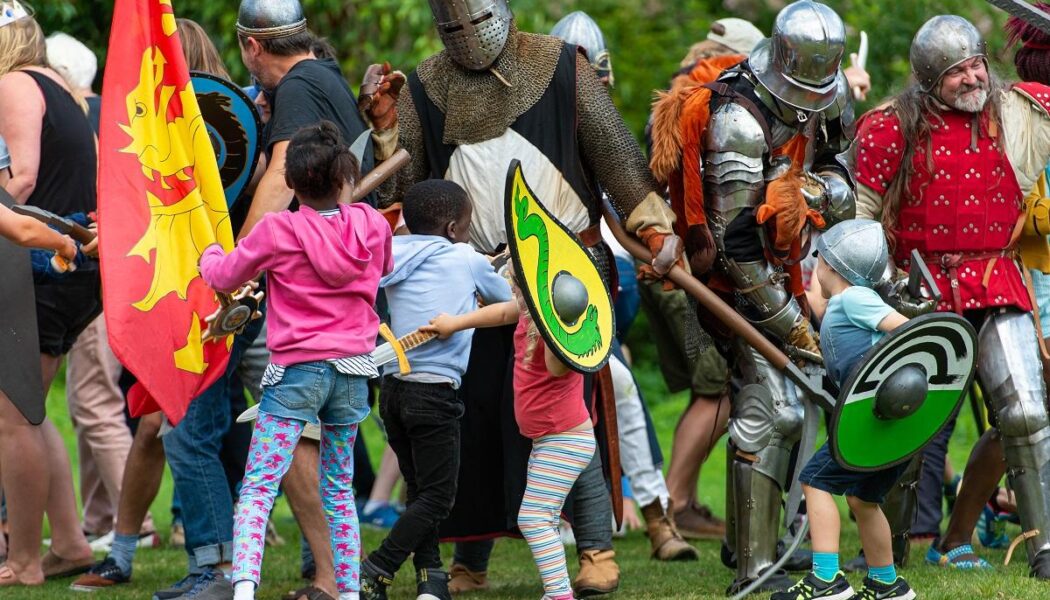England
England’s Medieval Festival 2024
England’s Medieval Festival welcomes visitors from all over the United Kingdom, Europe, and around the world to attend the most Spectacular and Memorable Celebration of the colourful Middle Ages on the August Bank Weekend (24, 25 & 26 August 2024) at The King’s Grove, Pippingford, East Sussex.
Loxwood Joust 2024: A Fully Immersive Medieval Festival For All
Whom shalt rule the Kingdom of Loxwood in 2024? You shalt decide...
Evesham Medieval Market & High Medieval Living History 2024
Set in the grounds of Evesham Abbey ruins and its twin medieval churches, there will be over 130 stalls for you to browse, including medieval crafts, arts and weapons – along with modern high quality artisan traders, community groups and charities for you to get to know.
Anglo-Saxon Kings and Warlords AD 400–1070
Richly illustrated, this title describes Anglo-Saxon monarchs, warlords and their warriors and households in Anglo-Saxon Britain, from the first post-Roman mercenaries to the Norman Conquest.
Mental Health in Late Medieval England: A Surprising History of Mental Illness and Its Treatment in Society
Examining mental health and mental illnesses in late medieval English society by looking at how mental health was understood in that society by examining both medical texts written at that time as well as sources commenting on specific cases. By doing so, it shines a light on what superstitions and myths existed about mental health.
Evesham Medieval Banquet 2023
Join us for a four-course authentic meal, and five hours’ worth of full-on entertainment, medieval minstrels, strictly come medieval dancing and England’s top jester keeping you entertained!
Mesocco Castle Medieval Festival
On Saturday, June 17 and Sunday, June 18, 2023 rediscover the Middle Ages with the medieval festival to be held at Mesocco Castle!
Evesham Medieval Market 2023
Join Deeds of Arms along with hundreds of Medieval reenactors and traders for the great Evesham Medieval market
International Medieval Jousting Tournament
Arundel Castle is proud to be the venue for the International Medieval Jousting Tournament. Over six days, eight international jousters will fight to be crowned Champion of Champions having been a past individual winner at Arundel or the top scorer for their country.
History Day at Arundel Castle
An opportunity for all the family to meet a variety of historical characters, such as a Norman Knight, a Pirate, and someone from the Stone Age, and have ago at a variety of historical crafts and activities such as have-a-go archery, mini catapults, kids battle and a craft tent.
History Weekend 2023 at Arundel Castle
From the Stone Age to the 20th century this three-day event on the lower lawns of Arundel Castle follows the development of costume, weapons, armour and battle tactics, portraying 12,000 years of local and castle history.
Viking Pagan Gods in Britain
The Norse and Danish invaders - commonly called Vikings - who occupied Britain in the ninth and tenth centuries, brought with them their own pagan gods. Odin, Thor, Tyr, Loki and Freya left their trace on the British landscape, in the form of scenes from their mythology carved on stone slabs, and Viking paganism has a further considerable legacy of material evidence in richly furnished graves, especially on the Isle of Man.

